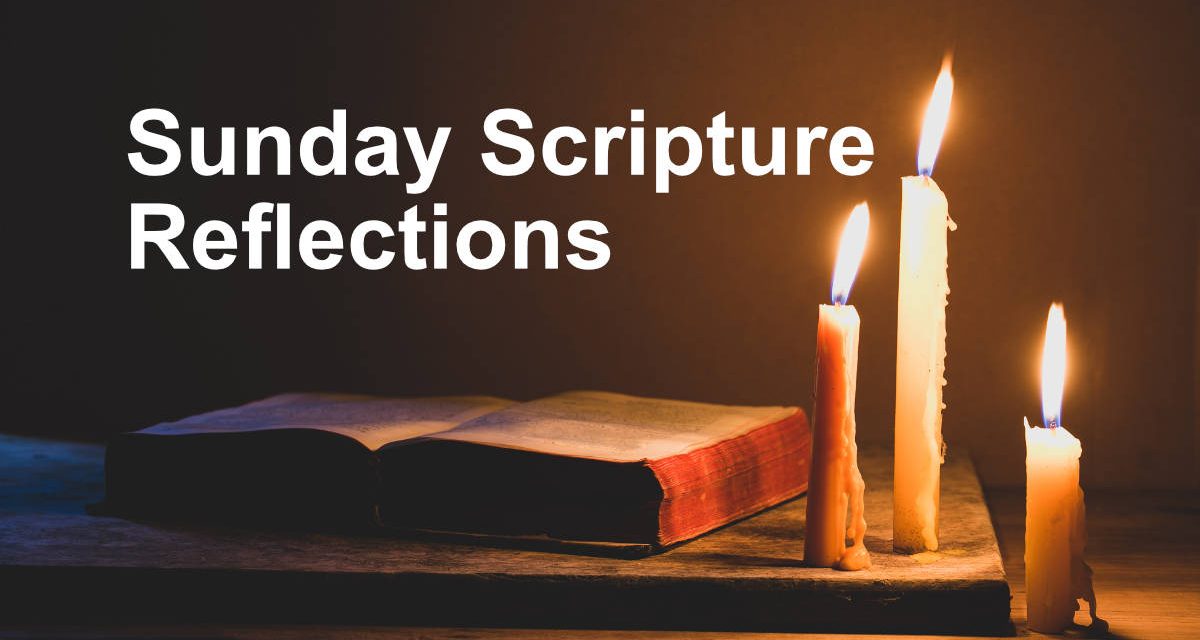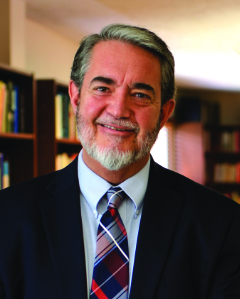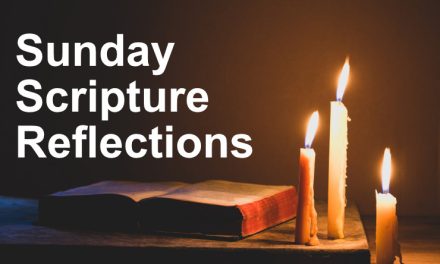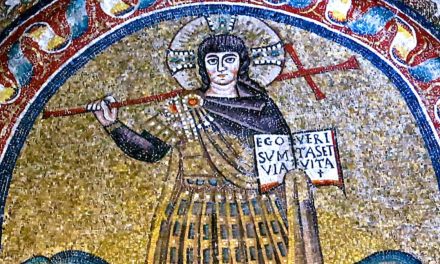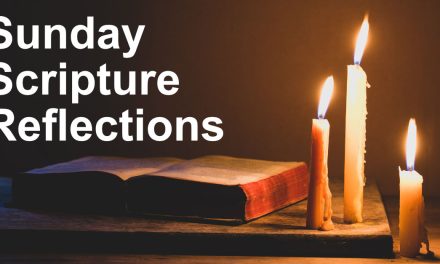In the Mass, God’s mercy endures forever, as we sing in today’s Psalm. This is the day the Lord has made—when the victory of Easter is again made wonderful in our eyes.
Dr, Scott Hahn reflects on the Mass Readings foe the Second Sunday of Easter (Year A).
Readings:
Acts 2:42–47
Psalm 118:2–4, 13–15, 22–24
1 Peter 1:3–9
John 20:19–31
We are children of Jesus’ Resurrection from the dead. Through this wondrous sign of His great mercy, the Father of Jesus has given us new birth, as we hear in today’s Epistle.
Today’s First Reading sketches the “family life” of our first ancestors in the household of God (see 1 Peter 4:17). We see them doing what we still do—devoting themselves to the Apostles’ teaching, meeting daily to pray and celebrate “the breaking of the bread.”
The Apostles saw the Lord. He stood in their midst, He showed them His hands and sides. They heard His blessing and received His commission: to extend the Father’s mercy to all peoples through the power and Spirit He conferred upon them.
We must walk by faith and not by sight—we must believe and love what we have not seen (see 2 Corinthians 5:7). Yet, the invisible realities are made present for us through the devotions the Apostles handed on.
Notice the experience of the risen Lord in today’s Gospel is described in a way that evokes the Mass.
Both appearances take place on a Sunday. The Lord comes to be with His disciples. They rejoice, listen to His Word, and receive the gift of His forgiveness and peace. He offers His wounded body to them in remembrance of His Passion. And they know and worship Him as their Lord and their God.
Thomas’ confession is a vow of faith in the new covenant. As promised long before, in the blood of Jesus we can now know the Lord as our God and be known as His people (see Hosea 2:20–25).
This confession is sung in the heavenly liturgy (see Revelation 4:11). And in every Mass on earth we renew our covenant and receive the blessings Jesus promised for those who have not seen but have believed.
In the Mass, God’s mercy endures forever, as we sing in today’s Psalm. This is the day the Lord has made—when the victory of Easter is again made wonderful in our eyes.
This reflection appears here with the kind permission of the author. Visit Dr. Hahn’s website at the St. Paul Center for Biblical Theology.
Dr. Scott Hahn presents the deeply biblical roots of Catholic teaching and practice in The Rode to Emmaus. Discover how Sacred Scripture forms and informs our notions of morality and spirituality, liturgy and the sacraments, and so much more.
Subscribe to The Road to Emmaus at Apple Podcasts, Spotify, Stitcher, or wherever you listen to podcasts.

